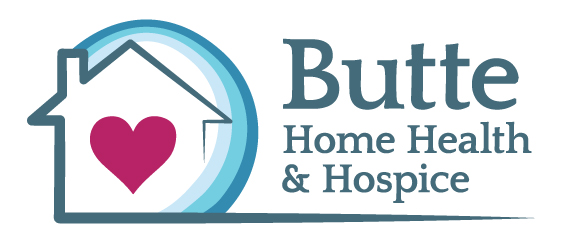Dr. Aldebra Schroll recently sat down with us and discussed the difficulties of caregiving alone and how hospice can help support families. “The first person you care for is yourself,” states Dr. Schroll in reference to those that care for loved ones with a terminal illness.
She goes on to explain that caregiving is one of the hardest jobs that one may take on in their lifetime. “The research says that caregivers may have to make a career change and may have financial challenges as a result of having a family member that is terminally ill. The onset of this illness can cause a shift in roles and dynamics in the family,” says Dr. Schroll.
“That’s the nice thing about hospice as it comes with built-in support in these areas,” says Dr. Schroll. “Doing this alone can be so hard and stressful and families. The benefit of hospice is that you have a team of support, whether it is the social worker, chaplain, volunteers, or nurses. When we know when the time is limited, our goal is to improve each day and the quality of life for the patient,” she states.
All this is to say that not only is hospice beneficial to the patient as it helps to improve their quality of life, but also the family and/or caregiver. “Rather than focusing on the illness, hospice care helps a person focus on personal growth, making connections with family, exploring one’s legacy, and addressing spiritual needs. Hospice is unique in its holistic approach to addressing physical, social, emotional, and spiritual concerns of the patient and family.”
“One thing we commonly hear from families is that they wish they had called sooner.” – Dr. Aldebra Schroll






